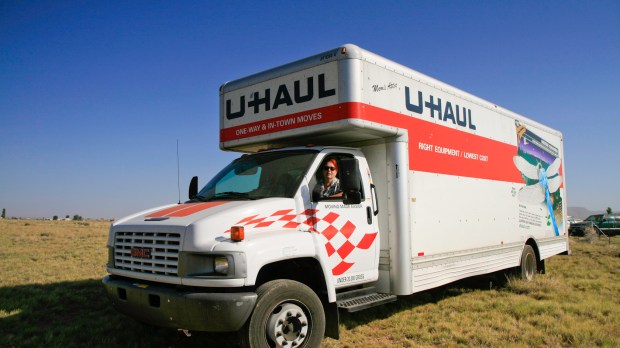It’s not just Catholics who are wringing their hands over the crisis in marriage. The whole human race is faced with an upheaval in marriage and human sexuality on an unprecedented scale. The reasons for the revolution in marriage and family life are complicated, numerous and varied, but one of the factors that is often overlooked is the increased mobility of the modern world. We think of mobility as the ability to jump into planes, trains and automobiles and go wherever we want, whenever we want, but there are more forms of mobility than geographical mobility, and they all contribute to the crisis in marriage and family life that our society is experiencing.
The first form of mobility is the obvious one. Since the Second World War the world’s population has been on the move. With cheap mass transportation individuals can go wherever they want not only around their country but around the world. This used to be the privilege of the wealthy, but now almost everyone has access to transportation of some kind, and they can use that transportation not only for leisure but also to seek a better life.
This geographical mobility has challenged the norms for marriage and family life because individuals move away from the extended family with its local culture, engrained customs and assumed expectations. People travel. They move to a new country and then meet and marry someone from another land and culture, not realizing their new spouse has very different attitudes about sexuality, expectations about marriage and understandings about religion.
The second type of mobility is educational. As higher education boomed for an increasing number of people, their world widened and they thought differently. If a young person’s home life was conservative, religious and traditional, chances are their higher education introduced them to new ways of thinking, new knowledge and new experiences. Their old understandings were challenged and the sexual morality and expectations of marriage were undermined. While higher education for an increasing number of people must be a benefit to society, it is rarely a bulwark to traditional marriage and sexuality.
Religious mobility is the third type of movement that has contributed to what I call the marriage mess. As people traveled and became more highly educated, they came across other Christian denominations and other religions. Secular, relativistic philosophy taught that all religions were equal and the spiritually inclined were faced with a religious marketplace. Because cultural and religious traditions about marriage vary it became easy to believe that no one religious understanding of marriage and sexuality was superior. Furthermore, as people became educationally and geographically mobile they were more likely to meet and marry a person from a different denomination or religion. A young person who is involved in New Age spirituality will probably have a very different attitude toward marriage than a traditionally raised Catholic. Should he or she enter a mixed marriage, it is very likely he or she will face difficulties.
Sexual mobility has also contributed to marriage breakdown. By sexual mobility I mean the sexual free-for-all that has come about because of the widespread availability and acceptance of artificial contraceptives. “Birth control,” as G.K. Chesterton observed, meant “no birth and no control.” Sexual mobility was built on the premise that in the sexual encounter anything was permitted and there were no boundaries and no judgements of right and wrong. Traditional marriage cannot survive such an open attitude, simply because traditional marriage is based on the observance of the boundaries of faithfulness, chastity and trust. If there are no sexual boundaries traditional marriage crumbles into no fault divorce, multiple remarriages and increasing promiscuity.
Sexual mobility then led to gender mobility. Because marriage had broken down, and because the sexual act had become separated from procreation and from marriage, a huge amount of confusion arose about sexuality and gender identity. To put it simply, when sex stopped being about babies, it also stopped being about men and women becoming mommies and daddies, and when it didn’t matter if a man was a father or a woman was a mother, people had trouble figuring out what a man really was and a woman really was. Sexual mobility also led to radical feminism and the homosexualist movement — both of which also contributed in their own way to the wave of gender mobility.
Faced with such historic and overwhelming changes in human society, it is difficult to see how a traditional Catholic understanding of marriage can survive. Those who believe the truths of the Catholic faith should take heart. Wherever there is poison, there is a great need for an antidote. When people are lost in the dark, they have a great longing for a light and a map. When people are confused, wounded and alone they search for an answer, a healer, a home and a family.
As times continue to darken and more and more people are mired in the marriage mess, the Catholic ideal of a loving family, rooted in a lifelong, abundant marriage will be a radiant and attractive witness — like a lighthouse for those battling a tumultuous sea.
Fr. Dwight Longeneckeris a former Evangelical, then an Anglican priest and now a Catholic priest. Visit his website atdwightlongenecker.comto browse his books and be in touch.

